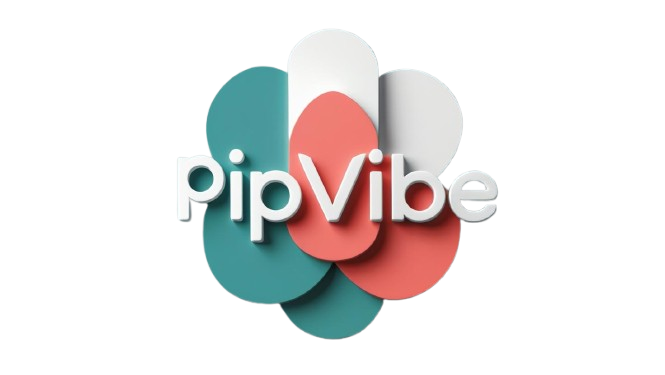
Image source: Getty Images
Most experts agree that there is a fair amount of speculative excess in the stock market right now. In some areas of the market, we appear to have classic “bubbles” – where valuations are decoupled from fundamentals.
However, not all areas of the market are frenetic at present. Some stocks actually look pretty cheap.
Is artificial intelligence a bubble?
There has been a lot of talk recently about a bubble in the field of artificial intelligence. I don't see it though.
at present, Nvidia, alphabet, dead, Amazonand Microsoft The companies leading the AI revolution trade on forward-looking price-to-earnings ratios between 24 and 33. High valuations yes, bubble no.
High ratings
I see bubbles in other areas though. Quantum computing is one.
Nowadays, many stocks in this space have price-to-sales (not price-to-earnings) ratios of 500 to 1,000. This seems disconnected from reality.
It also appears that pockets of the energy industry have risen into bubble territory. For example, in nuclear space. Oklo It now has a market cap of $24 billion despite no revenue.
I think investors need to be careful in these areas of the market. Recently, many stocks have gone parabolic and this type of stock price movement usually ends in tears.
An invaluable sector
The good news for rational long-term investors is that some sectors look really cheap right now. Health care is a good example.
This has been out of favor for a while, and as a result, a lot of stocks in this sector have very low valuations. For example, companies listed in the UK GlaxoSmithKline (London Stock Exchange: GSK), Wisdom medicinesand Smith and his nephew It is currently trading at forward-looking P/E ratios of 9.1, 9.5 and 14, respectively.
Cheap top-tier dividend stocks
Looking at GSK, this stock looks like a steal with a P/E ratio of 9.1, if you ask me. This is a leading pharmaceutical company working in several important areas including oncology (cancer) and vaccines.
It certainly hasn't set the world on fire in recent years. But there is a new CEO coming next year (Luke Mills) and I expect him to try to fuel growth through new product launches, strategic acquisitions (perhaps in the weight loss space), and new technology.
Now, next year, analysts expect GSK to achieve earnings growth of about 10.4%. So, currently, the stock's price-earnings-to-growth (PEG) ratio is just 0.9.
With this ratio, a number under one is generally an indication that there is value being offered. So, it looks like we have a deal here.
Of course, US regulation creates some uncertainty for pharmaceutical companies like GlaxoSmithKline at the moment. Not only are tariffs an issue, but so are drug price negotiations.
However, at current valuation, and with a dividend yield of around 4%, I think there is probably a good margin of safety here. In my opinion, if someone is aiming to build a strong long-term investment portfolio, this stock is worth a look.




